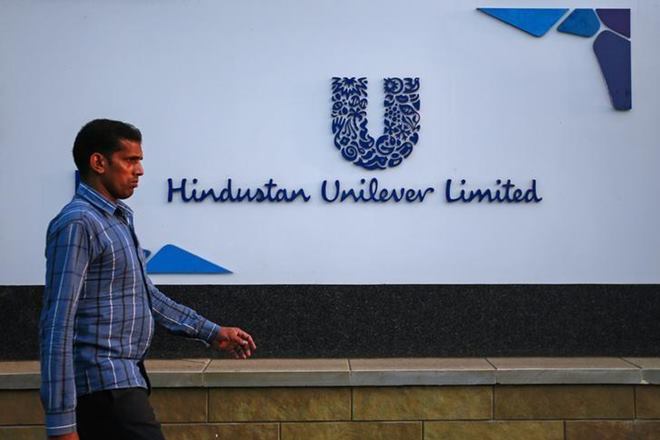We would be wary of looking at Unilever’s renewed aggressive focus (and stated targets) on operating margin expansion as a positive for HUVR, for two reasons – our (and presumably Street’s) numbers for HUVR already bake in a healthy level of EBIT margin expansion (our estimate is a 260 bps EBIT margin expansion from FY2017E levels to 20% in FY2021E) and margin focus, especially when driven as part of a global agenda i.e. without consideration for local factors, runs the risk of dilution in local competitive positioning.
Nestle India is a good example. We retain our forecasts and retain our ‘Reduce’ rating with an unchanged TP of Rs 860. Shaken perhaps by Kraft’s takeover bid, Unilever announced a slew of shareholder value creation moves as an outcome of what it called a strategic review. Among these moves were – a fresh net-debt/ EBITDA target of 2X (up from 1.3X in CY2016) and share buyback of EUR 5 billion in CY2017, raising dividend by 12%, exiting spreads business, simplifying legal structure, combining foods and refreshment, and creating 20% underlying operating (EBIT) margin by 2020, +360 bps from CY2016 levels of 16.4%.
You may also like to watch:
OPM expansion target translates into absolute cost savings of EUR2 billion (net; gross savings of EUR6 billion less reinvestment of EUR4 bn) and bakes in the following segmental margin expansion targets – 100 bps improvement in personal care (to 21% from 20%), 600 bps expansion in home care margins (to 16% from 10%), and 500 bps expansion in food and refreshment segment margins to 21% from 16%.
HUVR contributed ~8% to Unilever’s overall sales in CY2016 while its EBIT contribution to the personal care, home care and food/refreshment segments was 16.3%, 13.2%, and 3.4% respectively. Essentially, HUVR is reasonably important to Unilever and by extension, improvement in HUVR’s margins (overall as well as segmental, especially home care) is critical to the parent’s aggressive commitments to the Street. It is also important to appreciate the human dimension here; a global assignment is the typical move up for local executives in the Unilever system and to that extent, the parent’s targets can assume greater significance in cases where there is a conflict between what’s good for the local business and what needs to be done to meet the parent’s target.

